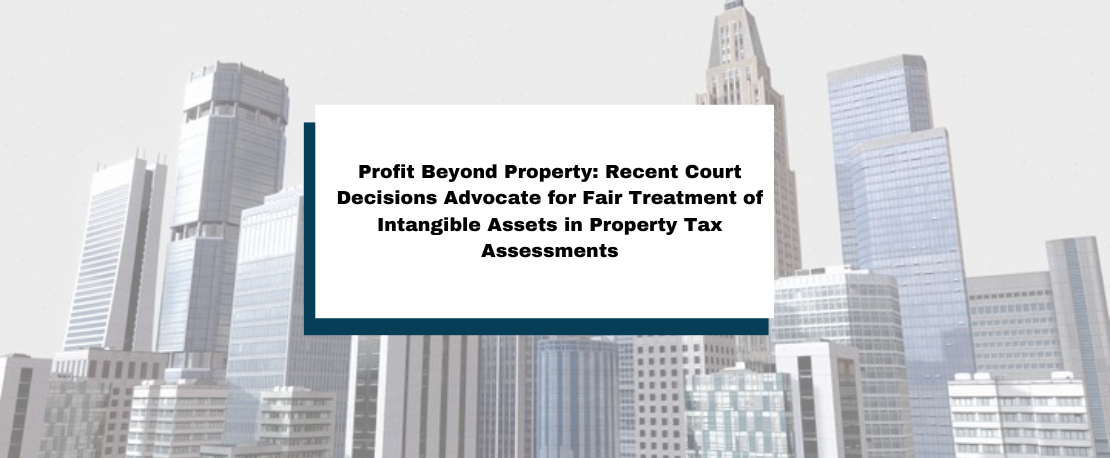Whether you’re starting out in the real estate field as an agent or are looking to buy a house or a commercial space, it is easy to fall into the rabbit-hole of real estate marketplace jargon and confuse yourself. We’ve compiled a list of standard terms that come up in conversations, so you are all set to talk the talk at your next real estate meeting.
Amortization
Amortization is an excellent way for buyers to build their equity early on. It combines the interest amount with the principal payment amount since it is a schedule of the mortgage payments for the property in question over a decided period, say, 15 or 30 years.
ARM (Adjustable-Rate Mortgage)
An Adjustable Rate Mortgage or ARM is a kind of mortgage that does not have a fixed interest rate. The interest rate depends on changes in the index rate over fixed periods of 5, 10, or 15 years. The loan’s interest rate depends on the market conditions, making this kind of mortgage riskier than a fixed-rate mortgage.
Closing
Closing is precisely what it sounds like – completing a real estate transaction. It is the legal transfer of property, sometimes known as ‘settlement.’ The Consumer Financial Protection Bureau lists out all required closing documents that need to be signed and handed over to the appropriate party. Once the closing is complete, the buyer will be considered the new property owner.
CMA (Comparative Market Analysis)
CMA stands for Comparative Market Analysis. It is a survey or inspection of a property that determines its market value, helping buyers and sellers meet at a price while dealing with an offer. Usually, a property’s CMA takes these things into consideration, viz. the neighborhood/area, prices of similar properties, square footage of the property in question and others in the area, etc.
Contingencies
The term ‘contingent’ means ‘depending on a certain circumstance or circumstances.’ Certain conditions need to be met between an offer being made and a deal finalized. Only on meeting these terms can closing be complete. These are known as contingencies.
Equity
When buying a home or commercial land/property, your equity would mean the amount of the property owned by you and under your control. In simple terms, it is the value of the property that is paid off by the buyer and is now legally under his ownership. A simple way of knowing your equity is, looking at the difference between the market value of your property and the unpaid balance of your mortgage.
Escrow
Escrow is an essential part of the entire buying-selling journey in real estate. It is when a neutral third party holds a certain amount of money or a thing of a certain value from the buyer until the real estate transaction goes through. After closing, this money or asset is released back to the buyer. Why is escrow important? It’s because it safeguards the interests of all parties involved in the transaction by having all of the documents and the payments safely put away with a neutral third party. It assures asset security.
FMV (Fair Market Value)
This term is a must for anybody entering the real estate market. A property’s FMV gives you an accurate representation of the price it would bring once released into the market. A property’s FMV is the price one can expect to buy/sell, given both parties are well-informed and well-aware about real estate and current trends. It prevents fraud and removes any pressure to buy or sell at a rate one isn’t comfortable with.
Foreclosure
Imagine a situation where the new home buyer cannot make payments towards his mortgage, and this lapse in payment goes on for over 90 days. In this instance, the owner loses his rights to the property in a situation that is known as foreclosure. The lender usually seizes the property and puts it up for sale/auction.
REIT (Real Estate Investment Trust)
A REIT, or Real Estate Investment Trust, is a company that owns multiple income-earning real estates. It enables individual investors to buy shares of the REIT and add to their investment portfolio. The biggest USP of investing in REITs is that they offer a lower risk option for those entering the real estate market. New investors don’t want to burden themselves with the inconvenience of managing a property, making REITs their ideal choice.
Title
Title, in simple terms, is the right to ownership of a property. A property title usually holds legal information regarding the property in question. It states the liens, defects, encumbrances or claims on the property to protect the buyer from fraud.
Transforming Houston: Council Greenlights Progressive Changes for Affordable Housing and Pedestrian
Real Estate Articles / Nov 23, 2023
Revolutionizing Houston\'s Housing Landscape: City Council Approves Sweeping Changes for Affordable Housing and Pedestrian Safety
Falling Home Prices? Here's All You Need To Know!
Real Estate Articles / Aug 08, 2022
Here’s how you can take advantage of rising interest rates. Advantages of investing during high interest rates are listed below. Invest in real estate today.
Navigating the Future of Real Estate: Trends in Houston and Beyond
Real Estate Articles / Apr 01, 2024
Exploring Real Estate Trends in Houston: Embracing Online Innovations and Smart Home Features
Stocks Or Real Estate? Which Is The Better Investment?
Real Estate Articles / Feb 09, 2022
Want to invest and make money? We have listed out the pros and cons of the real estate market and the stock market so that you can decide if you want to invest in stocks or real estate.
Tesla moves to Texas - Impact on real estate and economy
Real Estate Articles / Jan 27, 2022
2021 was a big year for real estate in many ways, but the biggest news of the year came towards the end of it when billionaire magnate, Elon Musk announced his move from California to Texas.
Rise In Population Is Causing This Real Estate Phenomenon To Take Place In Cypress, Texas!
Real Estate Articles / May 20, 2023
Population rise causes a rise in need for medical institutes, hospitals and other commercial real estate in Cypress, Texas.
Legal Victories Unleash Potential to Cut Property Taxes - Impact on Hospitality and more
Real Estate Articles / Nov 15, 2023
Landmark Court Decisions Pave the Way for Lower Property Taxes and Intangible Asset Considerations
Reviving Campus Spaces: Adaptive Reuse Solutions for Modern Education
Real Estate Articles / Jan 26, 2024
Transformative Real Estate: Navigating the Evolution of College Campuses through Adaptive Reuse and Strategic Solutions
Navigating Challenges in Affordable Housing Finance: Strategies for Developers
Real Estate Articles / Dec 08, 2023
Developers in the affordable housing sector face unprecedented challenges in financing that are primarily revolving around construction-related hurdles.
Navigating the Changing Tides of Net Lease Investments
Real Estate Articles / Jul 01, 2024
Net lease property market adjusts to rising interest rates: Sales volume down, cap rates up. Financing challenges stymie development and acquisitions.































